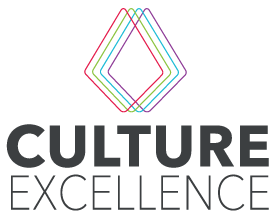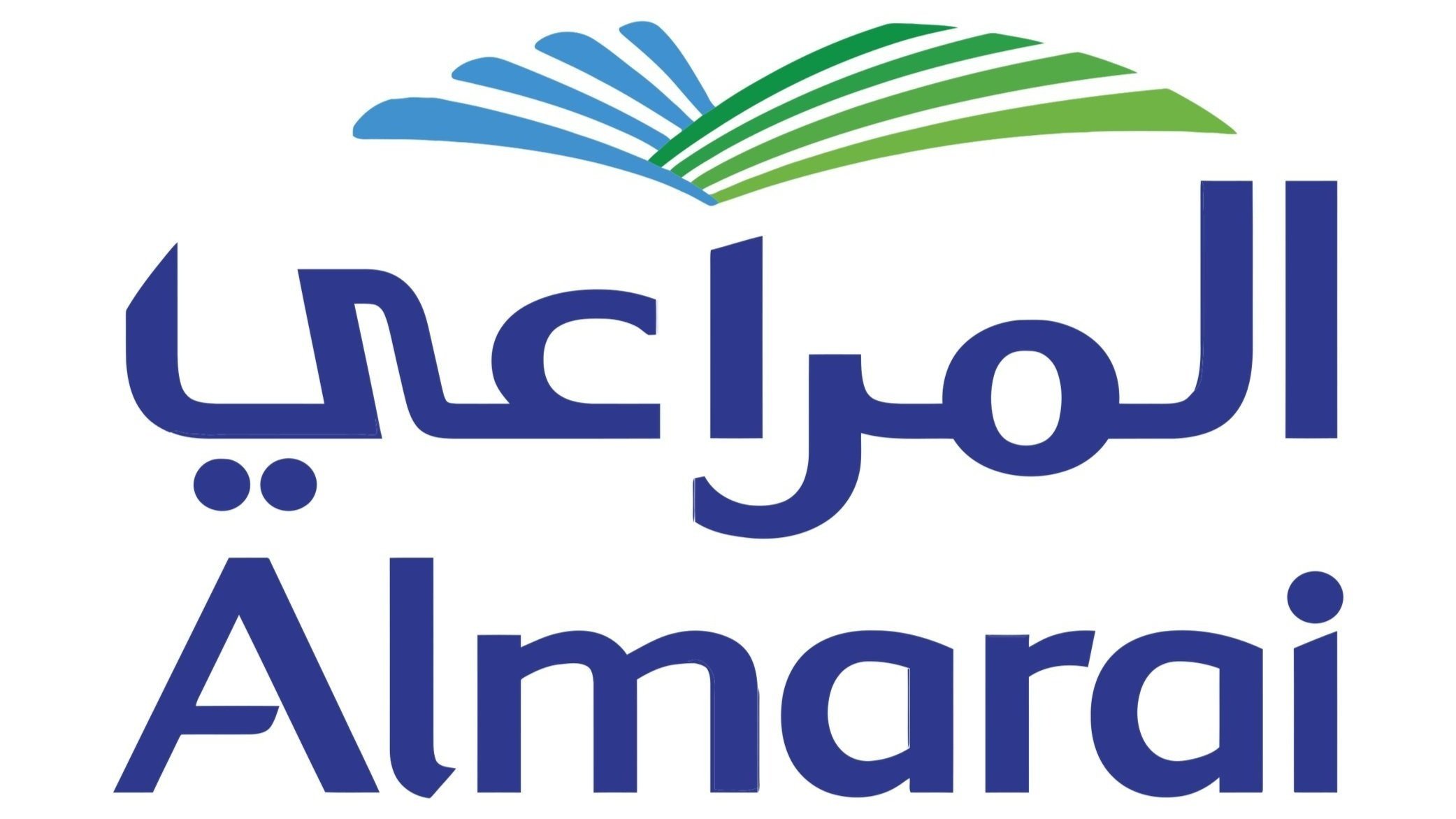Case Study: Almarai
Assessing a diverse multinational
Founded in 1977, Almarai is the world’s largest vertically integrated dairy company and is the Middle East’s leading food and beverage manufacturer and distributor. A true giant in the region, the company employs more than 41 thousand employees across nine countries. It has been ranked 6th in Forbes Food Companies Worldwide and prides itself on producing “Quality you can trust” running 10,000 daily quality checks to ensure that that philosophy holds true.
Almarai has taken part in our Culture Excellence assessments since 2018.
The Culture Excellence Journey
The Culture Excellence survey has been implemented across 34 Almarai sites and counting. From the start, the company has been very diligent in achieving high response rates, something which has impressed the Culture Excellence team. Their average completion rate of 74%, even at sites that employ thousands of people, which is no easy task to achieve. The company made use of a range of communication tools including emails, posters, videos in local languages, and on occasions, face-to-face meetings and toolbox talks, to encourage everyone to take part and share their experiences.
Company strengths and approach
A key attribute of the survey is finding out strengths and improvement areas at each site. For Almarai overall, Vision, Strategy, and Teamwork were the strongest dimensions. There was a lot to celebrate, which is a big part of making sure that a strong culture is embedded and maintained across the organization. But of course, the company has also created specific action plans for each site to address some of the lower scores, to ensure continual improvement.
Each one of our clients at Culture Excellence is unique, with different cultures and challenges. But what everyone gets is a vast array of hard data that allows them to analyze their culture from many different angles, depending on their business needs and situation. This is why we provide more than 700 data points so that companies can be confident that all major areas of culture are covered. According to Tariq Naeem, Almarai Corporate Project Champion (Group Quality Audit Manager), in the case of Almarai, one of the most critical areas of focus from their results has been establishing that attitudes (e.g., between operators and senior members of staff) have a variable rate of 4%. For Almarai, narrowing this gap is important as it indicates that workers and managers are aligned in their attitudes, beliefs, and thinking regardless of any cultural differences across countries of operation.
Alignment across priorities
A key point of pride for the company has been the very close alignment of Priorities. The survey investigates what the personal priorities of the employees are compared to the ones they believe the company has and especially looks at any potential conflict between them. In the case of Almarai, quality and safety achieved almost identical scores for both employees and company perceived priorities, which is another strong indication that perceptions and attitudes, whether as individuals or as team members, are very closely aligned at Almarai. According to Tariq, this synergistic strength may go some way to explain how Almarai became the first business in the world to achieve the coveted ‘Pandemic Prepared Certificate’.
What is next for Almarai?
The Culture Excellence assessments have demonstrated that Almarai has a strong culture thanks specifically due to their people. This is also evidenced in the comparatively consistent scores achieved in all surveys distributed across the many Almarai sites and the fact that the company vision, mission and ASPIRE Values are strong enough to overcome regional cultural differences. Strength exists in Almarai’s diversity, regarded by Tariq as one big family.
Reference: Campden BRI (2020), Culture Excellence 6th Annual Seminar




